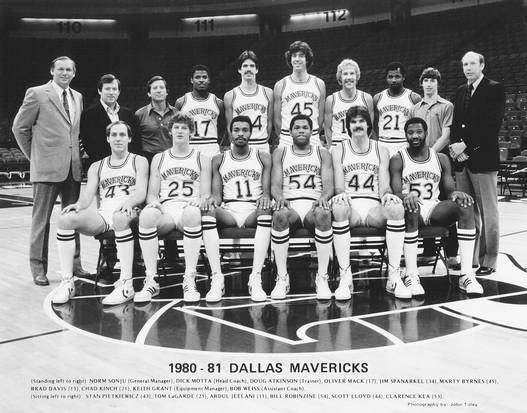Regular readers should know by now I am a huge fan of the podcast format. Perfect for when you're in the car, waiting in the Dr. office, on the treadmill, on a plane - or really anywhere when you have a little bit of time. Of course my primary interest in podcasts is the one I co-host, the HR Happy Hour Show, but I also listen to plenty of others during the course of a week.
Recently I caught an episode of a basketball-themed podcast, The Woj Pod, hosted by legendary scoop-chaser Adrian Wojnarowski from ESPN. On the show, Woj interviewed Steve Clifford, longtime NBA head and assistant coach, who recently was let go as head coach after a pretty decent 5 year run with the Charlotte Hornets. Sure, this was a basketball pod, but the best part of the conversation almost had nothing to do with basketball - but rather when Clifford shared some of the leadership and talent management lessons he's learned from a three decade career in basketball coaching. These lessons, while 'learned' by Clifford in the context of a basketball team are pretty valid for just about any leadership, coaching, and talent management scenario, I think.
I will just break them off, one by one, without too much additional commentary, as like all the best leadership advice, these concepts pretty much are really easy to both understand, and to visualize how they would fit in your context and organization.
1. Never address your team unless you really have something important to say - Clifford used the example of a coach halting a practice to assemble the entire team and saying something silly or obvious like 'Guys, we need to hustle more'. Professional basketball players, and likely the experienced folks on your team too, don't need you to repeat the obvious. They need you to help them navigate issues, understand challenges, and align the organization with the bigger picture. Wasting the team's time with nonsense is the sure path to them tuning you out.
2. If someone asks the people on your team about you, the answer you are aiming for is 'He/she wants me to succeed' - Clifford made the important point that pro basketball players all care about their own development, careers, and future opportunities as much, if not more than the team's success. It's silly to ignore that, the best coaches find ways to balance to the two sometimes competing goals and motivations. And the key to to that is not exactly 'caring' about the players/employees, (it is fine to 'care' about them, don't get me wrong), but what you really need to do to get the best effort out of the players is for them to think and see evidence that you want them to be successful. And sometimes that means tough, hard to hear feedback, but most players, (and hopefully) most employees, will see that not as you don't care about them or don't like them, (again, neither matters all that much comparatively), but that you ultimately are invested in their career success.
3. Leadership and coaching is not the same thing as skill development - Last point on this again had a basketball context in the pod I referenced, but does carry over to the real world too. For pro basketball players, developing new skills or improving their skills has to be seen as one of the basic elements that can lead to career success. But Clifford sees that as largely the responsibility of the player, with support from coaches and other members of the staff. The head coach/organizational leader really is responsible for understanding each player's skills, assessing how individuals fit best within what the team is trying to achieve, and to reach back up to Item #2 above, how to position each player for the best chance at success. And one more sub-point to this, Clifford made a great point about how it is important for players to not lose sight of their strengths while they simultaneously look to develop new skills.
Solid stuff I think, and a pretty good use of about 40 minutes while I made a half-hearted attempt at improving my cardio fitness on Sunday.
Have a great week!

 Steve
Steve
